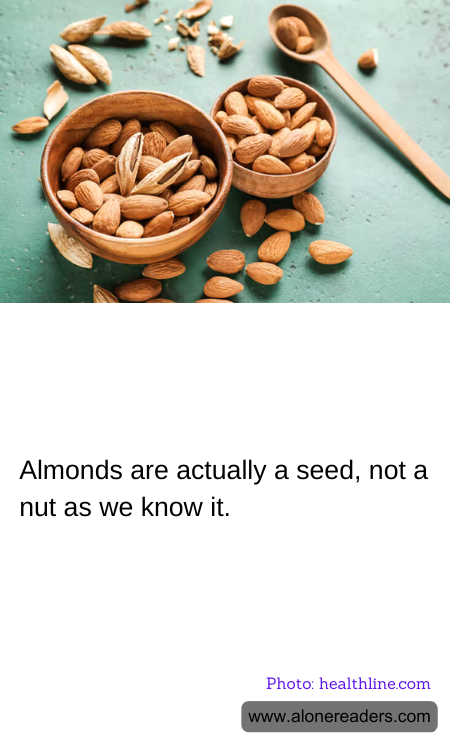
Though commonly referred to as nuts, almonds are technically the seeds of the fruit of the almond tree. Unlike true tree nuts, such as walnuts and pecans, almonds are the seeds found inside the hard shell of the fruit's pit. The almond tree bears fruit with a stone-like seed within, which is akin to a peach or cherry in structure. This fruit features a fleshy outer layer and a hard shell inside that encloses the edible seed we know as the almond.
Almonds have a rich history dating back thousands of years and have been cultivated in the Mediterranean and Middle East regions, which are considered their native habitat. Today, they are predominantly grown in California, USA, which produces about 80% of the world’s almonds, thanks to its perfect growing conditions comprising mild winters and warm, dry summers.
Nutritionally, almonds are a powerhouse, packed with essential nutrients, protein, and fiber. They contain vitamin E, magnesium, and healthy fats which are known to benefit heart health, among other things. Diets rich in nuts like almonds have been linked to reductions in risk factors for heart disease and can aid in managing blood sugar levels. Their high fiber content also promotes digestive health and can help in maintaining a healthy weight.
Almonds are incredibly versatile in the culinary world. They can be eaten raw or roasted as a snack, sliced into salads, ground into almond flour for baking, or turned into almond milk or butter as a dairy-free alternative. Their subtle, slightly sweet taste enhances both sweet and savory dishes, making them a popular ingredient in kitchens around the world.
Moreover, the popularity of almonds has led to innovative uses in non-food products as well. Almond oil, for instance, is widely used in the cosmetic industry for its moisturizing properties and is often incorporated into skincare products, hair oils, and fragrances.
In conclusion, while often categorized with nuts, almonds' classification as a seed of the almond tree’s fruit aligns them more closely with stone fruits. This minor botanical distinction, however, does not lessen their nutritional importance and value in both culinary arts and other fields.